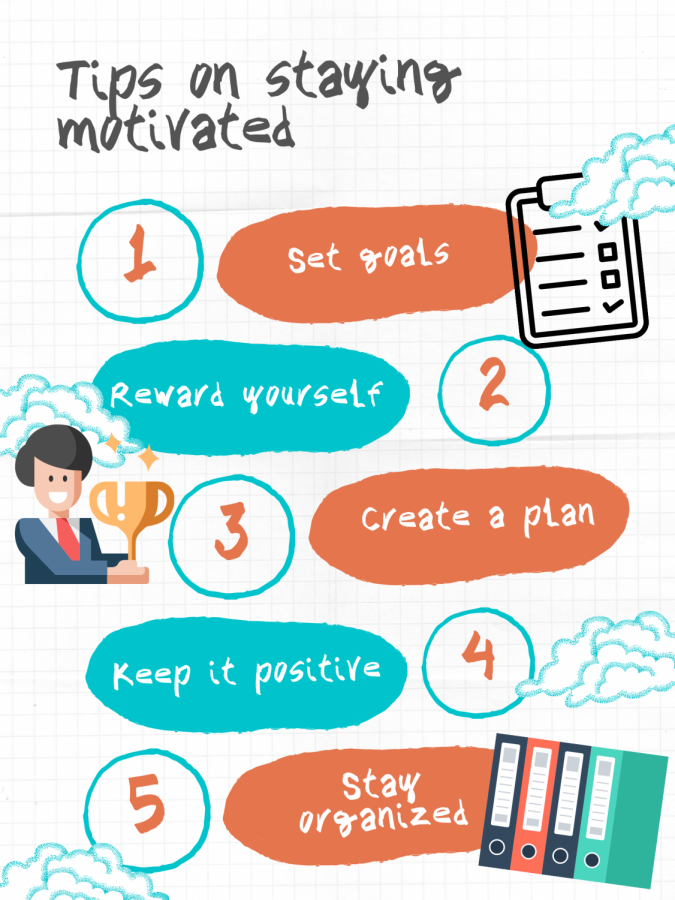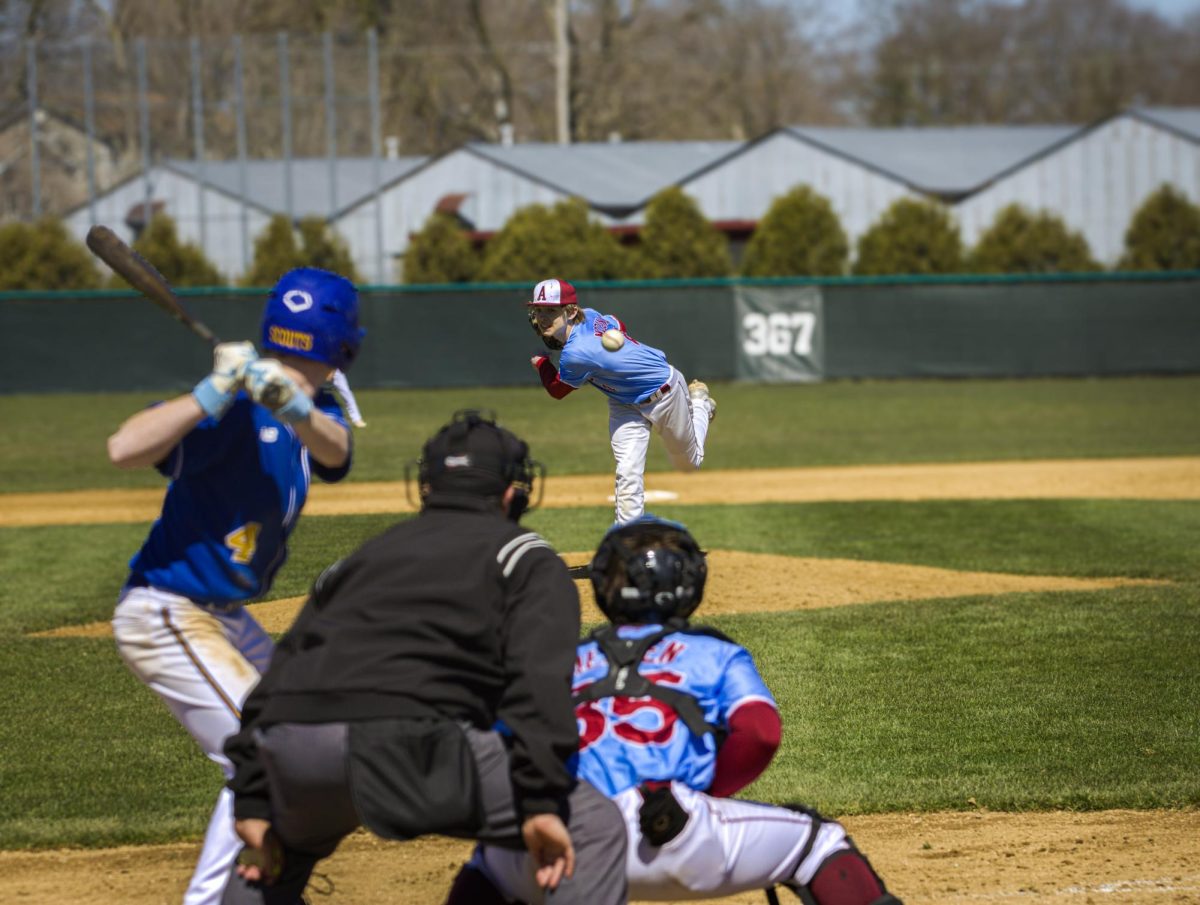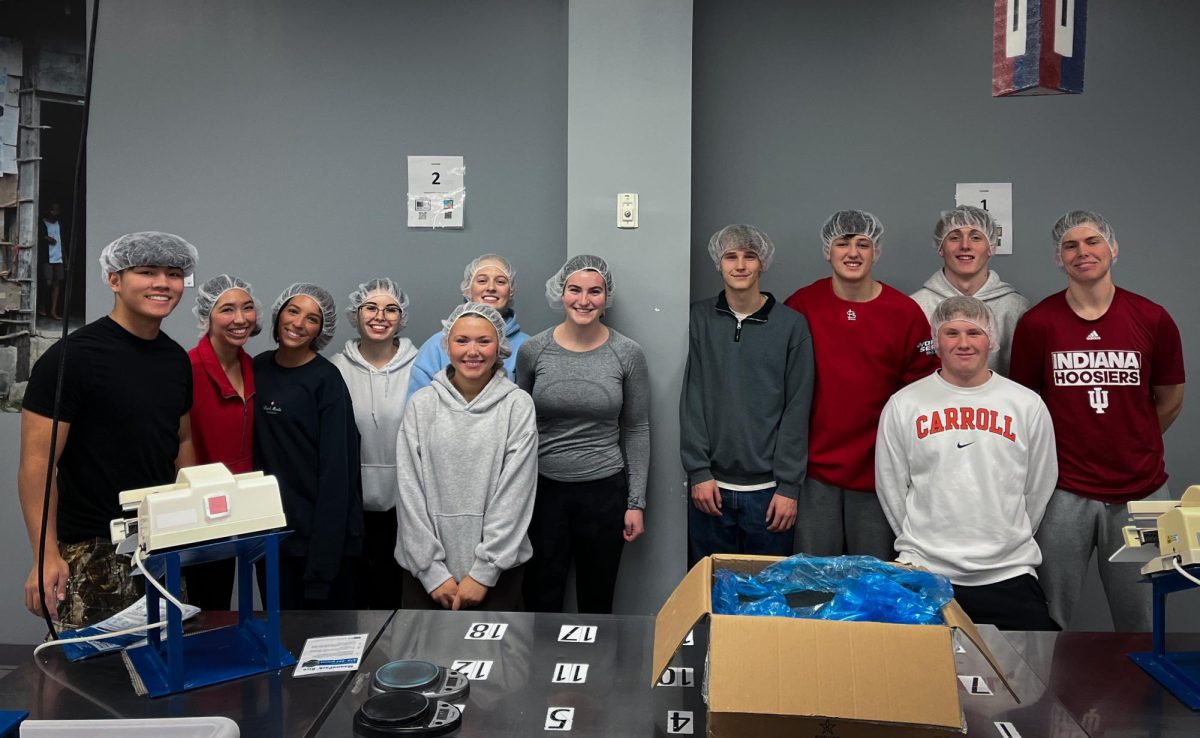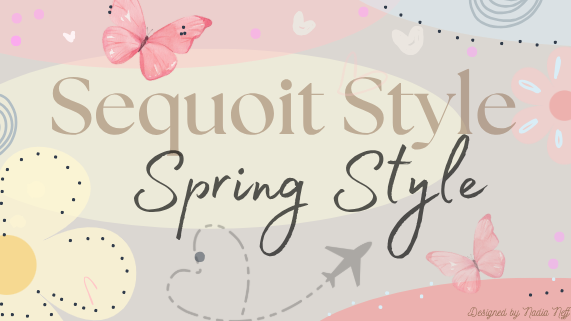On March 13, 2020, Antioch Community High School turned to remote learning due to the ongoing pandemic. As students continue remote learning into 2021, the workload and lack of connection may begin to get to them. Some students are procrastinating the large workloads, causing them to feel anxious and depressed.
Long-term remote learning can lead to challenging mental, emotional and academic impacts, according to Inside Higher Ed.
Many students may begin to feel as if remote learning is a bore that is taking a toll on them academically.
“I’m just sick of the situation since everything is through a computer,” junior Faith Lacerba said. “It causes me to procrastinate and not want to do anything school-related.”
Many students are procrastinating their large assignments, but in these times, they also may ignore the easy work that piles up after multiple days.
“All the work we are assigned has caused me anxiety, ” senior Haley Aitken said. “Not knowing how to do assignments and the struggles to ask questions, get direct instruction and help can be difficult – making it hard to complete my assignments on time.”
Once students fail to complete the overwhelming workload that has caused them anxiety, they can begin to feel unmotivated, unaccomplished and depressed.
“Online school hasn’t been perfect this year, it was such a big change in learning and workload, but I want to stay a good student,” Lacerba said. “When a new day comes around, I feel zero motivation for anything; I feel like it’s the same unending workload and I’m living the same day over, some days, I can’t even find the motivation to get out of bed.”
Feeling overwhelmed and depressed are not the only factors affecting students. Additionally, some students feel as if online learning is not offering them the same educational opportunities as in-person school.
“My social life has undergone a negative effect throughout all of this,” Lacerba said. “We have had such little- in-person contact with our peers and especially teachers. Not only are we now lacking in our social lives, but we are also missing the famous high school experience everyone admires.”
Students may wish for their teachers to make more of an effort in reaching out to them as they did when in person learning occurred.
Inside Higher ED claimed that creating time and space for students to socialize could help remove some of this lonliness.
Many students are wishing to be back in school not only for social reasons but educational ones as well.
“I want to be in school with my friends and teachers, getting the best education possible, before I leave for college so I am prepared for what is to come,” Aitken said.
Given the opportunity, many students may prefer to go back to full in-person learning even while knowing the consequences of the ongoing pandemic.
“I would 100 percent go back to in-person learning when given the safe opportunity,” Aitken said. “My motivation and social interaction definitely affects my decision because when we are in school, there are things to look forward to and people to talk to.”















